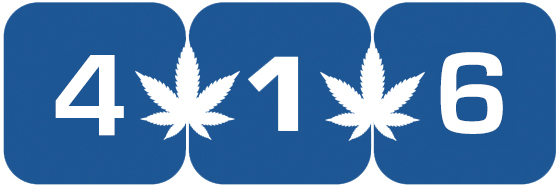When it comes to medical benefits, cannabis is often associated with its anti-inflammatory, pain-relieving and sedative properties. But given the versatile nature of the plant, researchers are looking beyond some of the more common qualifying medical conditions to uncover the full medicinal potential of cannabis.
Though it’s largely under-researched, it’s possible that cannabis could work to help folks with attention deficit/hyperactivity disorder (ADHD) to better manage their symptoms.
A recent observational study published in the journal Neuropsychopharmacology Reports found that, indeed, medical cannabis may be beneficial for people with ADHD — though not necessarily for reasons associated with focus and attention. Rather, researchers found that cannabis use led to observed improvements in the anxiety, sleep quality and health-related quality of life among participants.
While the results are not definitive, authors argue that the findings are substantial enough to hopefully prompt future research on cannabis and ADHD.
ADHD and Cannabis: A Largely Unexplored Potential Treatment Alternative
The team of UK-based researchers aimed to primarily assess the health-related quality of life and safety outcomes in ADHD patients treated with cannabis-based medicinal products (CBMPs).
ADHD has an estimated global prevalence of 5% in children and 2.5% in adults, with estimated incidences of ADHD diagnosis increasing by approximately 42% in children between 2003 and 2011 and 123% in adults between 2007 and 2016 in the U.S., according to the study.
ADHD is a neurodevelopmental condition generally associated with issues with focus, hyperactivity, impulsivity and/or psychosocial differences in managing relationships. ADHD is also associated with a higher instance of sleep disturbance and co-morbidities like anxiety and depression.
It falls under the neurodivergent umbrella, characterized as a natural variation in how the human brain processes information.
Researchers note that current treatment for ADHD consists of a combination of psychological therapies and both stimulant and non-stimulant medications. However, they note that …
Read More
Author: Keegan Williams / High Times






